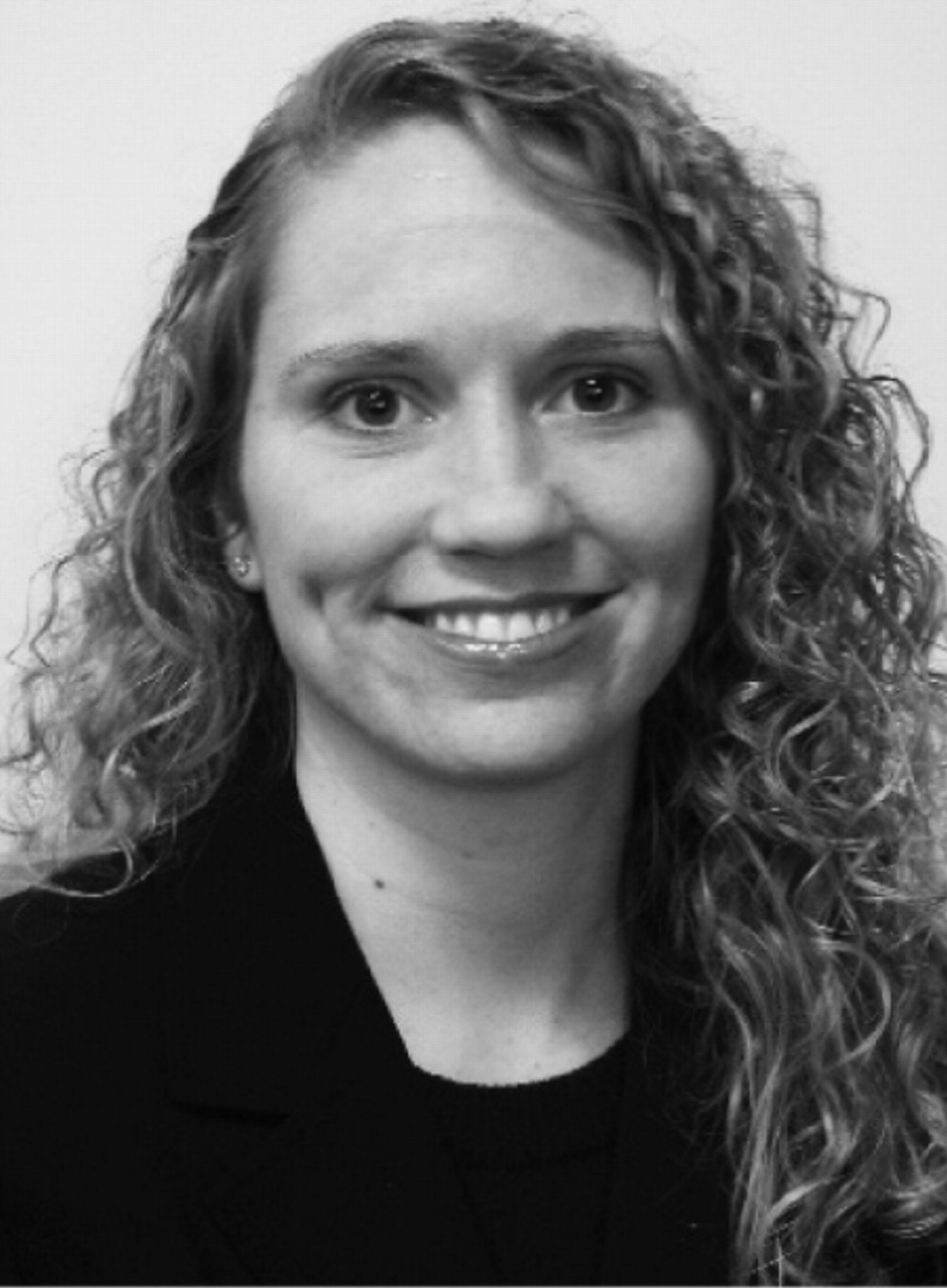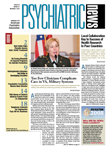I am frequently asked what I do as APA's member-in-training trustee (MITT). Sometimes I think that even people in my own program aren't quite sure what I do, except that I seem to spend a lot of time in Arlington, Va., where APA has its headquarters and holds meetings.
As the MITT, I attend all five meetings the Board of Trustees has each year. At Board meetings, we discuss a wide array of crucial issues such as increasing access to quality psychiatric care, developing the next DSM edition, and promoting humane care of patients. We also hear updates from APA leaders and staff on legislative and regulatory issues affecting psychiatric practice and on the state of APA's finances. At each meeting, I advocate for the best interests of members-in-training on these and other issues.
I also serve on the Committee of Residents and Fellows (CORF), which is dedicated to increasing resident participation and the value of resident membership in APA. Each year CORF organizes workshops at both the annual meeting and Institute on Psychiatric Services that focus on the interests of residents. CORF also publishes a newsletter and, with the Assembly Committee of Members-in-Training (ACOM), has been instrumental in passing initiatives that increase mentorship opportunities for MITs in APA.
But all of this simply tells you what I do, not what my experiences have been or what I think about it all. It is very difficult for me to sum up my experiences in APA in a few words. It has been overwhelming and exhilarating, gratifying and challenging, exhausting and stimulating. It is actually quite a bit like residency.
I remember my first Board meeting in May 2006, at the annual meeting in Toronto. I waited outside the room where the out-going Board members were holding their last meeting. I was terrified, unsure what would be expected of me, wondering how I could contribute anything to this large, powerful organization. I knew many of the other Board members, not personally, but by their names and numerous contributions to psychiatry—Drs. Steven Sharfstein, Pedro Ruiz, Michelle Riba, Carolyn Robinowitz, just to name a few. The door to the conference room opened, and I knew it was time for the new Board members to go in. I paused at the threshold, almost paralyzed by the site of the long tables with individual microphones, reminiscent of Senate hearings, and the clearly confident and established psychiatrists engaged in what appeared to be important conversations, and by the photographer and observers. I don't know how long I paused there, but it was long enough for Dr. Robinowitz to notice me. She came right over to me and said, “Come in, come right in.”
I had not met Dr. Robinowitz before, although, of course, I knew who she was—APA's then president-elect. And apparently, she recognized how overwhelmed I was, because she guided me over the threshold and introduced me to several Board members. She then went back to the door—I assume to guide other newcomers into the inner sanctum of APA.
That moment exemplifies many of my experiences on the Board. From that first moment, I have always felt included as a full Board member, not just a token resident. My thoughts and opinions as a resident have been not only respected, but also sought out and highly valued.
I have received thoughtful mentorship from many Board members, including Dr. Donna Norris, who first called me to ask how I was handling the election process; Dr. Jeffrey Geller, who patiently explained parliamentary procedure to me; and Dr. Nada Stotland, who generously shared her extensive knowledge of APA governance.
I have been continually impressed by how much APA's policymakers value us as residents and future leaders in psychiatry. During my brief tenure, I have seen the creation of a formal mentorship program for residents in APA governance, the start of the resident “Jeopardy” competition called “MindGames,” a renewed statement of support for the two resident organizations, CORF and ACOM, the establishment of a funded mentor position for those two organizations, and the creation of a resident-focused version of the American Journal of Psychiatry. I can assure you that APA is truly dedicated to the needs and development of its resident members.
And what does APA ask in return? Only that we share our ideas and opinions with our committees and that we share our passion and energy with the organization.
If I can offer one piece of advice to residents, it is to present your ideas freely, shed all inhibition about speaking up, and, as Dr. Robinowitz says, ask the tough questions. Speak your mind—your contributions will be valued. Be as dedicated to APA as it clearly is to us. ▪

